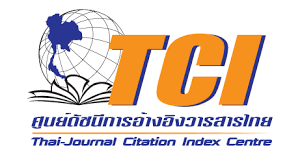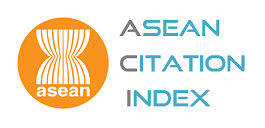The Transcendental Meditation Program at Dhammajarinee Witthaya School
- A Qualitative Analysis
Abstract
Abstract
A qualitative analysis of the twice-daily practice of the Transcendental Meditation (TM) technique at a Buddhist boarding school for at-risk girls, Dhammajarinee Witthaya, Ratchaburi, Thailand, reveals intriguing findings. Suspension rates have been dramatically reduced to 5% from 30%. A student survey, interviews with the director and full-time faculty, overall results of standardized tests, and awards won by students in competitions with students from other schools describe a transformation in student behavior, an increase in happiness, and suggest that academic performance may be improving as well.
The TM program is an effortless, secular, mental practice that is easily learned by students during a few short lessons. Over 380 published studies worldwide document a) brain wave EEG (electroencephalographic) changes that show increased brain integration—global brain wave coherence over the whole brain—and b) physiological studies that suggest the body is resting deeply. The studies further document that as the brain starts to function more coherently and the body gets deep rest, behavior improves, happiness increases, intelligence and creativity increase, health gets better, and anxiety and stress levels drop.
The Dhammajarinee Witthaya students and faculty report that they enjoy the TM practice and also report numerous behavioral and cognitive improvements. It is the hope that this qualitative analysis will inspire controlled quantitative studies at Dhammajarinee Witthaya to elucidate further how the TM practice helps to transform the school climate.
Keywords: Transcendental Meditation, Dhammajarinee, total brain functioning, consciousness, student behavior, academic performance, happiness, self-development

Indexed in


Search